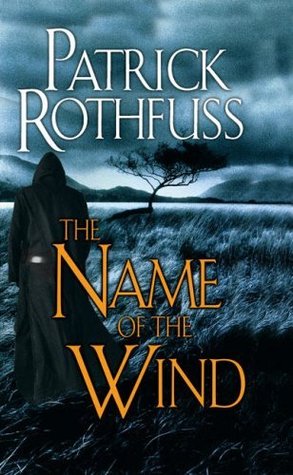Living in a war-torn Balkan country, Natalia is continually aware of the changing borders, ethnic distinctions, and familial loyalties that tie everyone to everyone else - inextricably linked by war, tradition, and, finally, death. She travels across the new border with her colleague to deliver medicine to a small village orphanage, when she learns of her grandfather’s death.
She is a doctor, like her grandfather, and a humanitarian - she does the right thing but for herself, not for anyone else. She tells her grandfather’s story by telling his stories - that of the deathless man and that of the tiger’s wife. He tells her pieces of each story at different points of her life, so that the stories are not only about him, but about her, too. They are now part of her story. And so her grandfather’s story is a folktale, told to teach others how to live. The reader is aware that someday Natalia’s story will be told to her grandchildren.
Obreht tells tales that are traditional folktale - the tiger’s wife, the deathless man - but also creates new ones: the tireless doctor, the new healers. And who will rebuild the country after war has run its course? The new generation will, supported by knowledge of the past, tying the traditional tales of old, of magic and death and hope, to new stories, of border guards and doctors and orphans and monks, to create a story of a new country, or countries.
The Tiger’s Wife isn’t supposed to be political, it is supposed to be personal. After all, Obreht is a young American writer, not Balkan. But her roots are there, just as Natalia’s, and the story she tells is one of growth after immense tragedy. Tim at Baby Got Books puts that sentiment very well in his review:
The idea of storytelling as a means to make sense of the chaos in the world around us is a central theme of this novel. Reading The Tiger’s Wife, I was reminded of a reading that I attended by Aleksandar Hemon, another author from the former Yugoslavia. As a way of explaining to a US audience just how much turmoil the region has experienced, Hemon noted that none of his recent ancestors had died in the same country that they were born in – most of them had not moved. Clearly that kind of turmoil can create emotional havoc. Stories and fables, Obreht seems to suggest, are essential not just for understanding, but also for survival.
This is an excellent read, and well deserving of the 2011 Orange Prize for Fiction. As well, I predict that it will go far into this year’s Tournament of Books. Five escaped tigers out of five.






No comments:
Post a Comment